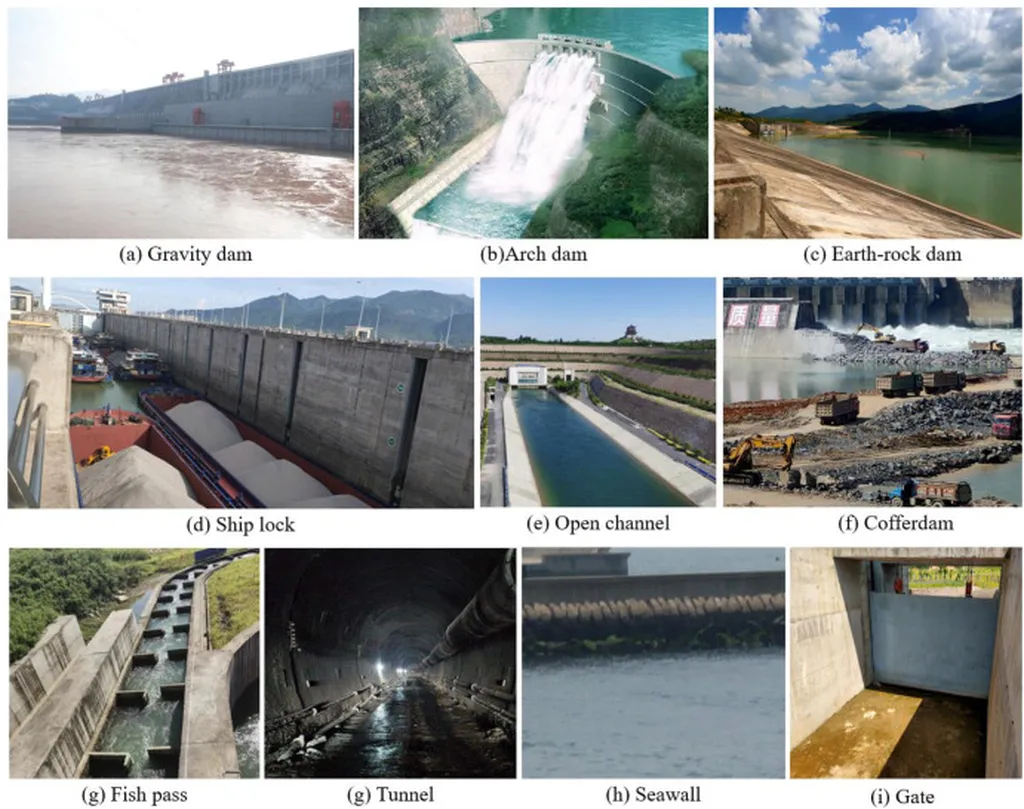In the face of climate change and intensified human activity, traditional dam safety management is struggling to keep up. A recent study published in *Yantu gongcheng xuebao* (translated to *Rock and Soil Mechanics*) by Liu Liuyan and colleagues from the Dam Safety Management Center of the Ministry of Water Resources and Nanjing Hydraulic Research Institute sheds light on how smart dams could revolutionize the energy sector.
The research highlights the challenges posed by climate change and human activity, which have made traditional dam safety management methods inadequate. “The development of cloud computing, Internet of Things, big data, and artificial intelligence provides an important opportunity for the digital, networked, and intelligent transformation of dam safety management,” says lead author Liu Liuyan.
Smart dams, equipped with advanced sensors and data analytics, can monitor structural health in real-time, predict maintenance needs, and even automate responses to potential hazards. This shift from “engineering management” to “intelligent management” could significantly enhance safety and efficiency, reducing downtime and maintenance costs for energy producers.
The study proposes a comprehensive approach to smart dam construction and transformation, integrating planning, design, construction, operation, and risk mitigation throughout the dam’s entire life cycle. This holistic strategy aims to continuously improve dam safety and operational efficiency, ultimately benefiting the energy sector by ensuring reliable and safe water storage and hydroelectric power generation.
The research also emphasizes the importance of retrofitting existing dams with smart technologies. “How to use intelligent technology to upgrade and transform a traditional dam construction management system and effectively improve the construction management efficiency and safety guarantee margin has become the focus and difficulty of industry research,” Liu explains.
The implications for the energy sector are substantial. Smart dams could lead to more efficient hydroelectric power generation, reduced maintenance costs, and improved safety, all of which contribute to a more stable and reliable energy supply. As the industry moves towards smarter and more sustainable practices, the insights from this study could shape the future of dam management and energy production.
By leveraging cutting-edge technologies, the energy sector can enhance the safety and efficiency of its infrastructure, ensuring a more resilient and sustainable future. The research published in *Yantu gongcheng xuebao* serves as a crucial step in this direction, offering valuable insights and practical strategies for the development and implementation of smart dams.

